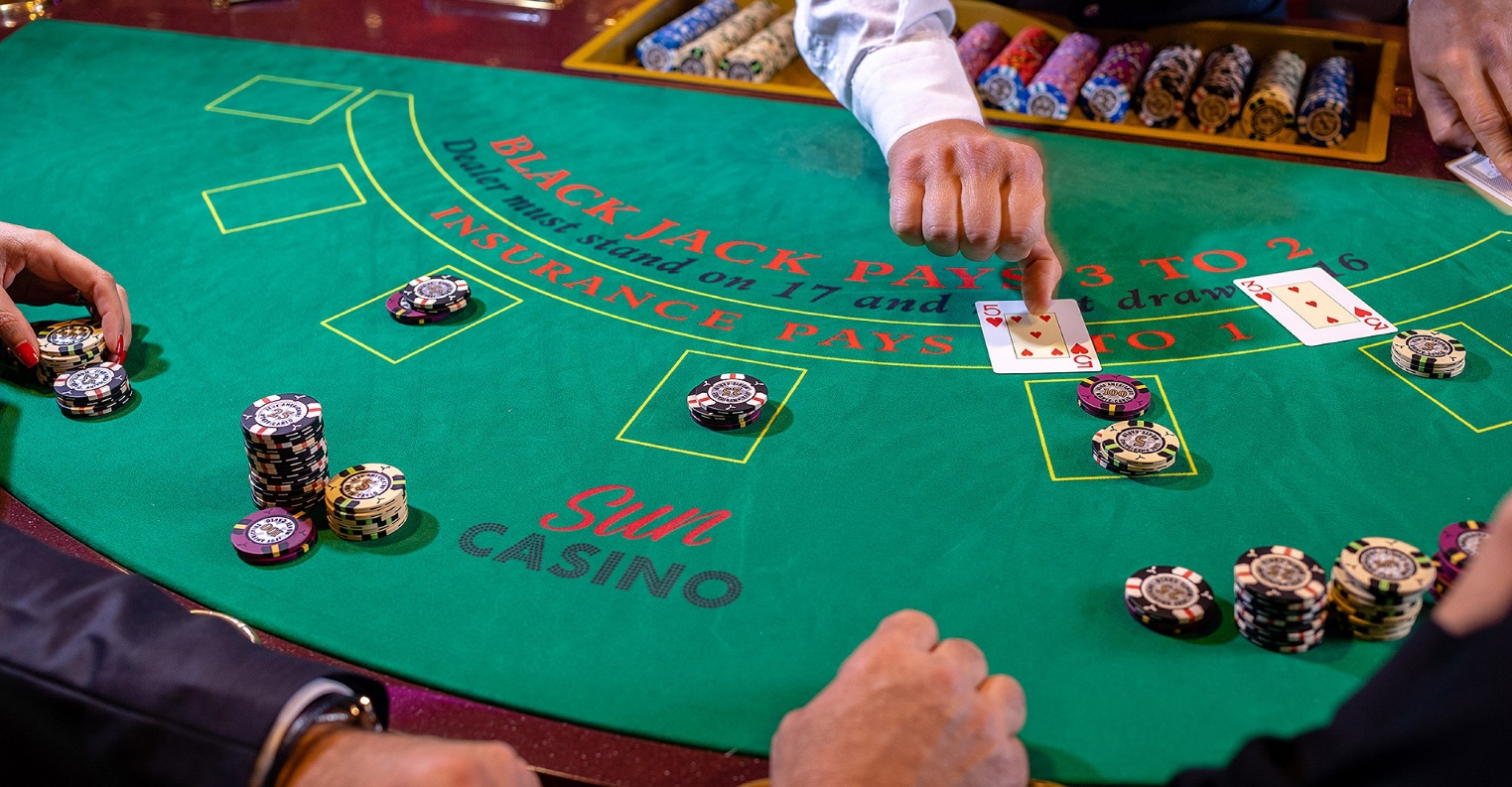
Gambling has been an essential part of human recreation for millions of years, transforming through cultures and eras to become the dynamic casino activities we know today. From the ancient Chinese and Romans, who participated in various forms of betting and luck, to the advanced gaming floors of contemporary casinos, the appeal of risk and reward has fascinated individuals across the globe. The transition from simple dice games and rudimentary betting setups to the extravagant environments of modern casinos reflects major strides in both social norms and technological.
As societies evolved, so too did the complexity of gambling activities, with gambling activities emerging as a separate category of entertainment and thrills. These games have evolved from casual gatherings centered around wooden tables to sprawling, opulent establishments designed to attract players. Today, we delve into this intriguing journey, examining how traditional practices laid the groundwork for the varied and exciting casino activities that bring pleasure to countless people worldwide.
spintax
Early Wagering Practices
Gambling has deep roots in human history, with indications of activities of chance dating back to ancient civilizations. Archaeologists have found that as far back as 3000 BC, the Chinese were using rudimentary forms of gambling with dice made from bones. Similarly, ancient cultures of Mesopotamia engaged in gambling activities, often relying on the tossing of lots or dice to determine results. These early forms of betting served not only as amusement but also played important roles in social and cultural practices.
The people of Egypt also were involved in gambling activities, with games that included betting on the outcomes of various occurrences, including athletic events and religious festivals. Items such as dice and depictions of gamblers from ancient tombs demonstrate that gambling was a common pastime. It provided both entertainment and a means of engaging in social connections, often linked to festive occasions or major gatherings. This activity showed the universal appeal of chance and rivalry throughout the ages.
In ancient Rome, wagering became a prevalent practice among the citizens, as evidenced by references in literature and the establishment of guidelines around certain games. Romans enjoyed a variety of gambling activities, from betting on chariot races to playing games similar to modern-day board games. The legal structure surrounding these activities began to take shape, establishing the foundations for betting regulations that would grow in the centuries to come. The fame of betting during this period set the stage for the development of gambling house games in the future.
The Development of Gambling Games
Casino games have experienced substantial transformations from their origins to the contemporary entertainment offerings. In historical civilizations, gaming was often associated to ceremonial practices, with dice games found in Mesopotamia and wagering on the outcomes of events in classical Rome. These primitive forms of gambling laid the basis for the formal games we see today. The transition from informal gambling to systematic games happened as societies began creating rules and venues for wagering, demonstrating cultural values and practices.
The medieval period saw the emergence of card games, which gained popularity among European nobility. Games like the first and baccarat became mainstays in social gatherings. The creation of printing technology further enabled the spread of playing cards, making them more available to the common people. As gambling houses began to multiply, these card games evolved into adaptations that appealed to wider audiences, eventually leading to the founding of casinos as exclusive venues for gaming.
The 20th century marked a crucial point in the evolution of casino games, with the growth of commercial casinos in Vegas and other gaming hubs. This era introduced games like video slots and modern variations of table games, complete with advanced graphics and intricate betting structures. The arrival of online casinos in the tail end of the 1990s also revolutionized the gaming industry, allowing players to access a vast array of casino games from the comfort of their homes. online casino zonder cruks Today, casino games go on to progress, blending traditional elements with cutting-edge technology to create immersive experiences for players globally.
Contemporary Gaming Regulations
In recent years, the landscape of gaming laws has developed significantly, notably as tech advances and internet-based gambling have become ever prevalent. Regulatory bodies around the world have implemented various regulations and guidelines to make certain that gaming activities are performed fairly, with responsibility, and openly. These regulations often include factors such as permits, marketing, gambler safeguards, and sensible gaming measures. Authorities aim to reduce problems such as problem gambling and cheating while promoting a just gambling environment.
The emergence of online casinos has necessitated a fresh approach to regulation. Many legal areas have established dedicated online gambling structures that cater to internet-based gaming, enabling operators to offer their services within the law. These frameworks often demand operators to get permits, follow strict security protocols, and offer assistance options to help players. By vigilantly observing online activities, regulators can better protect consumers from potential harm and ensure that gaming is conducted in a protected manner.
Furthermore, modern gaming laws are increasingly focusing on responsible gaming strategies. Many casinos and online sites now adopt features such as self-exclusion, deposit limits, and time-outs to help players manage their gaming habits. Awareness campaigns aimed at raising awareness about the risks of gambling are also widespread. As the industry continues to grow, the focus on responsible gambling remains a fundamental principle of governing efforts, showing a dedication to encouraging a secure and enjoyable gambling experience for all gamblers.
